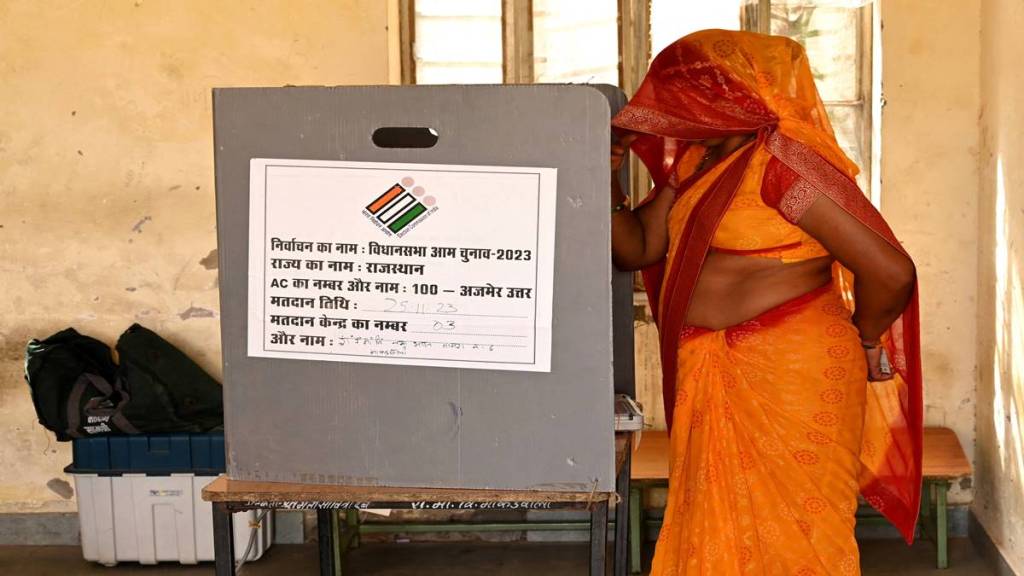Elections are considered festivals in a democracy. In India, we witness polls at different levels like general elections, state elections, municipal elections, etc. However, sometimes we come across some terms that leave us confused. We have compiled a comprehensive list of terms that are commonly used during elections.
The list is in alphabetical order. Read on:
Anti-Defection Law: This law prohibits Members of Parliament (MPs or state legislatures) from defecting to another political party without losing their seats.
Alliance: It is an accord between two (or more) political parties to cooperate in a poll.
Association of Democratic Reforms (ADR): It is a non-governmental organization. It advocates electoral and political reform in India.
Bicameralism: In India, it is a system of government in which the legislature is divided into two houses (lower house – Lok Sabha and upper house – Rajya Sabha).
Coalition: It is a group of political parties coming together to form a government in a state or centre.
Demographics: Statistics that describe populations and their characteristics like gender, race, income, and age.
Electoral College: A body of electors responsible for electing the President and Vice President of India.
Election Commission of India (ECI): It is a constitutional body. ECI is responsible for conducting and supervising elections in the country.
Election Manifesto: During an election, it is a document that outlines the policies and promises of a political party.
Electoral Roll: In a constituency, it is a list of eligible voters.
Electronic Voting Machine (EVM): A machine used for voting in an election.
First Past the Post: In voting, it is a system in which the candidate who receives the majority votes in a constituency is announced the winner.
Hung Assembly: A condition when no political party (or alliance) manages to receive an absolute majority.
Indian Parliament: In India, it is a supreme legislative body. It comprises the President, the Rajya Sabha (Council of States), and the Lok Sabha (House of the People).
Khap Panchayat: In India, it is a traditional council of elders, mainly composed of men from the same village. They make and announce decisions on social and political matters.
Left Front: In India, a coalition of left-wing political parties, formed in 1964 to challenge the dominance of the Indian National Congress.
Lok Sabha: The lower house of the Parliament of India. It consists of elected members from states and union territories of India.
Municipal Corporation: In India, the governing body of a city (or municipality). It is responsible for providing public services and managing the affairs of the city.
None of the above (NOTA): None of the above is a ballot option in polls, designed to allow the voter to indicate disapproval of the candidates in the voting system.
One Nation, One Poll: In India, a proposal to hold simultaneous elections to Lok Sabha and state Assemblies. The aim is to save time and resources.
Right Wing: A political party (or system) that advocates not only free enterprise but also private ownership. It typically favours socially traditional ideas; the conservative group or section.
Rajya Sabha: The upper house of the Indian Parliament. It consists of elected and nominated members from states and union territories of India.
Seat share: The number of seats won by a party in an election.
Secularism: In a country, the principle of separation of religion and state and the equal treatment of all religious groups.
Upper House: It is a term used to refer to the Rajya Sabha (the upper house of the Parliament of India).
Voter Turnout: In an election, it is the percentage of voters who voted.
Voter-verified paper audit trail: This system provides feedback to voters. A VVPAT is an independent verification system for voting machines. It allows voters to verify that their votes were cast correctly.
Voter List: In a particular electoral constituency, it is a list of all eligible voters, determining who can vote in a poll.
Vote Share: The percentage of votes polled in favour of a candidate or party in a particular constituency or state.


